Angelina Jolie’s Maria Callas: A Diva’s Echoes and a Tycoon’s Shadow
Picture this: a voice that could unravel your heart, a woman who loved so fiercely it consumed her, and a Hollywood star stepping into her ghost. Maria Callas wasn’t just an opera legend - she was a storm of passion and pain, now reborn through Angelina Jolie in Pablo Larraín’s Maria. But behind the spotlight lies a tangled tale: Jolie’s transformation, Larraín’s obsession, and Callas’s haunting romance with Aristotle Onassis. Who were these giants, really? Let’s peel back the curtains - past the headlines - to the quirks and secrets that made them unforgettable, pulling you into a story that’s as wild as it is true.
Written by @alya108k and help of Grok AI
2/28/20256 min read
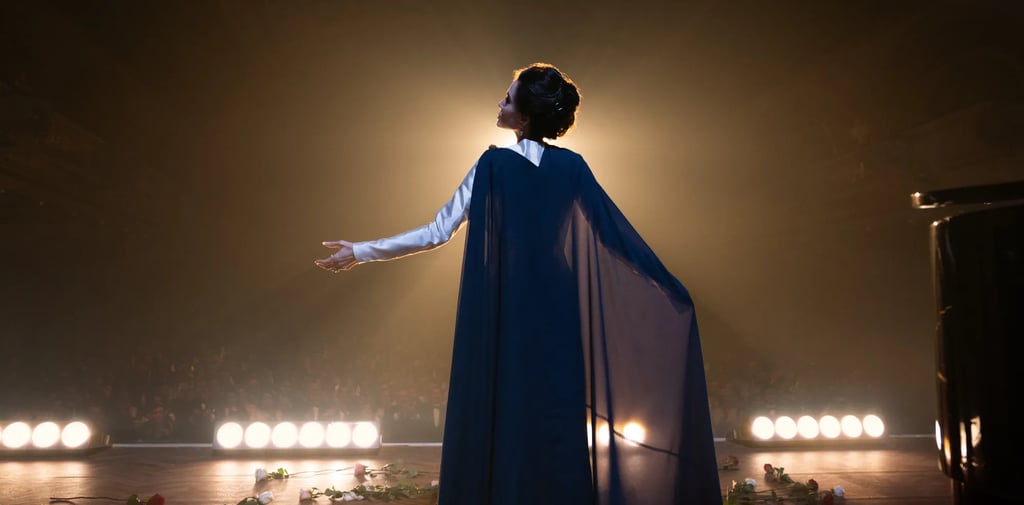

Angelina Jolie: The Rebel Who Sang
Angelina Jolie isn’t just playing Maria Callas—she’s channeling her, and it’s a sight to behold. But this wasn’t a casual gig. Jolie spent seven months mastering opera, her voice trembling through tears as she trained with coach Eric Vetro. “I was terrified,” she confessed. “I’d sing, and my kids would laugh.” Yet she pushed on, blending her vocals with Callas’s recordings until the two became one—a haunting duet across time. Critics call it “luminous”; she’s got a Golden Globe nod and Oscar whispers trailing her like a comet.
Her preparation was obsessive. She studied Callas’s interviews, poring over every word to mimic her cadence and intensity. She watched footage of Callas’s Juilliard masterclasses, copying her gestures—the tilt of her head, the fire in her eyes. And then there was the singing. Jolie’s voice in the film is a seamless blend of her own and Callas’s iconic recordings, a technical marvel that feels like Callas herself is whispering through her. She didn’t just learn to sing opera; she learned to sing like Callas, matching her style note for note. The result? A Golden Globe nod and Oscar buzz that’s louder than a standing ovation.
So why Jolie? Like Callas, Jolie knows fame’s double edge: adoration and scrutiny, strength and fragility. Both women have lived lives dissected by the world, their personal battles laid bare. Larraín saw in Jolie the raw power and vulnerability Callas embodied—a diva who could command a stage yet crumble behind the curtain. “She understands what it’s like to be seen and unseen at the same time,” he said. That’s why Jolie wasn’t just cast; she was destined for this role.
What’s less known? Jolie’s got a wild streak that mirrors Callas’s defiance. At 19, she collected knives—her favorites were butterfly blades—and once sliced her initials into a lover’s skin as a twisted vow. “I like danger,” she’s said, a glint in her eye. That edge, that fearless plunge into the unknown, made her Larraín’s pick. He saw a woman who, like Callas, thrives on intensity—someone who’s lived loud and raw, from adopting kids in war zones to baring her soul on screen. Jolie doesn’t just act Callas; she is Callas’s fire, reborn.
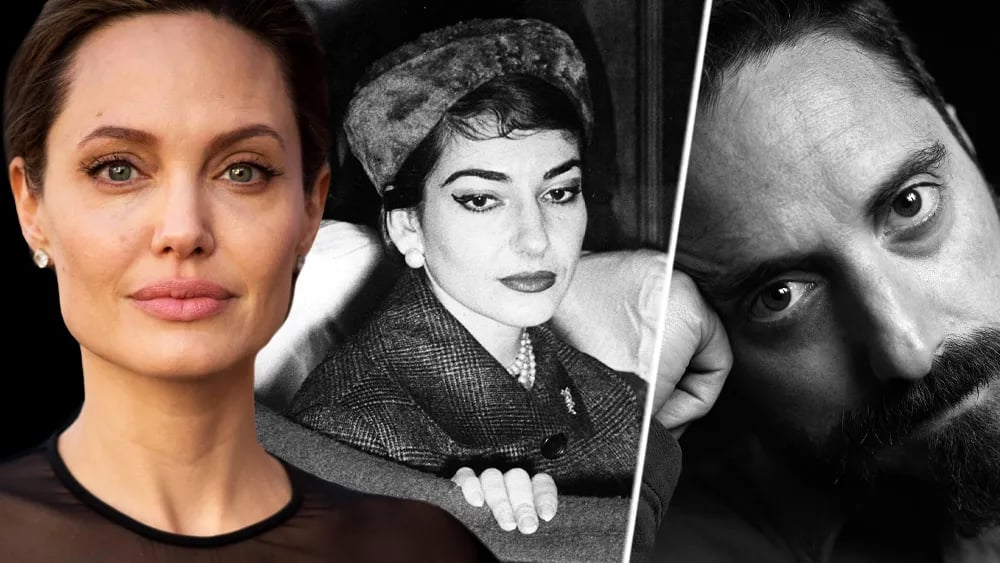

Pablo Larraín’s Muse: Why Maria Callas?
Why did Pablo Larraín choose Maria Callas? Simple—she’s his kind of puzzle. The Chilean director’s built a trilogy of broken icons—Jackie (Kennedy), Spencer (Diana), and now Maria—women who dazzled the world and paid for it in shadows. Callas, with her soaring arias and crumbling life, was irresistible. “She was her own opera,” he said, eyes alight with the thrill of it.
In Maria, he zeros in on her final days in Paris, a time of isolation and reflection. It’s not a biopic—it’s a portrait of a woman wrestling with her fading glory. “She became the tragedies she sang,” Larraín explained. His inspiration? A fascination with women who shaped history yet paid a steep price for it. Callas’s story—her rise as “La Divina,” her fall from grace, her unrequited love—echoes the emotional depth he mined in Jackie and Diana. He blends fact and fiction, crafting a film that’s as haunting as one of Callas’s arias. For Larraín, she’s not just a subject; she’s a muse who demands to be understood.
Here’s a quirky twist: Larraín’s a night owl who sketches obsessively—doodles of faces and scenes that spill from his dreams. Friends say he’d sketch Callas during Maria’s prep, her sharp cheekbones and heavy gaze taking shape on napkins and scripts. That odd habit fueled his vision: a film about her final days in Paris, where reality bends into fantasy. He didn’t want a biopic—he wanted her soul, her unraveling, her fight against time. Callas wasn’t just a subject; she was his midnight muse, a riddle he had to solve.
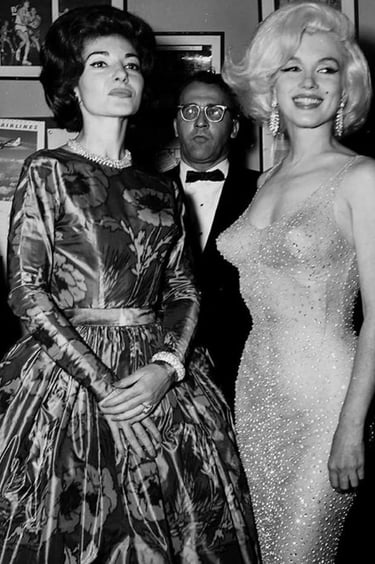

Guardians of a Legend: Archives and Photographers
Maria Callas’s legacy isn’t gathering dust—it’s alive, thanks to the Maria Callas Foundation and private collectors who guard her story like treasure. These archives hold thousands of recordings, letters, and images, a goldmine that keeps her spirit burning bright. They’re the backbone of Maria, giving Larraín the raw materials to recreate her world with jaw-dropping precision.
Then there are the photographers who turned Callas into an icon. Cecil Beaton draped her in glamour, his lavish portraits making her look like a goddess in silk and pearls. Lord Snowdon went deeper, catching her off-guard—those unguarded smiles, that flicker of sadness in her eyes. Their lenses didn’t just snap pictures; they captured her soul. Every click of the shutter added to the myth, and today, those images are sacred relics for fans and filmmakers alike. Callas once said, “I am not an angel,” but these archives and photos argue otherwise—she’s immortal.
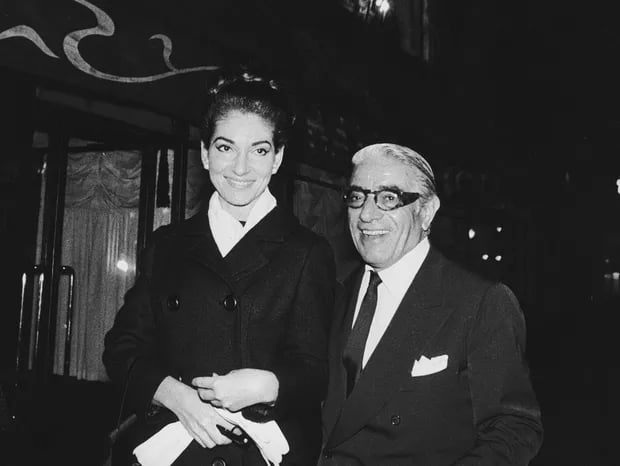

The Onassis Enigma: Love That Broke a Diva
Maria Callas and Aristotle Onassis—a love story that reads like a Greek tragedy. They collided in 1957, both married, both reckless. She dumped her husband; he didn’t. For a decade, they burned bright—steamy yacht trips, public spats—until he ditched her for Jackie Kennedy in 1968. Callas never recovered, fading into Paris obscurity until her death in 1977.
But why him? Onassis wasn’t a looker—short, bullish, with a boxer’s nose. Yet he had a trick: he’d memorize poetry, reciting it with a gravelly charm that melted hearts. “I’d quote Byron until they begged me to stop,” he once bragged. That mix of rough edges and hidden depth hooked Callas, who craved a man as alive as her music. She could’ve had kings, but she chose this rogue—Greek like her, bold like her—who danced with her under the stars and broke her all the same.
Here’s the kicker: Onassis was a hypochondriac, popping pills for imaginary aches, yet he ignored real warnings—smoking like a chimney till it killed him in 1975. Callas visited his deathbed in secret, whispering goodbye to the man who’d shattered her. Would marriage have saved her? Maybe—she might’ve sung longer, found peace. Or maybe not; his chaos might’ve drowned her sooner. “He was my everything,” she sighed once, and that everything left her nothing.
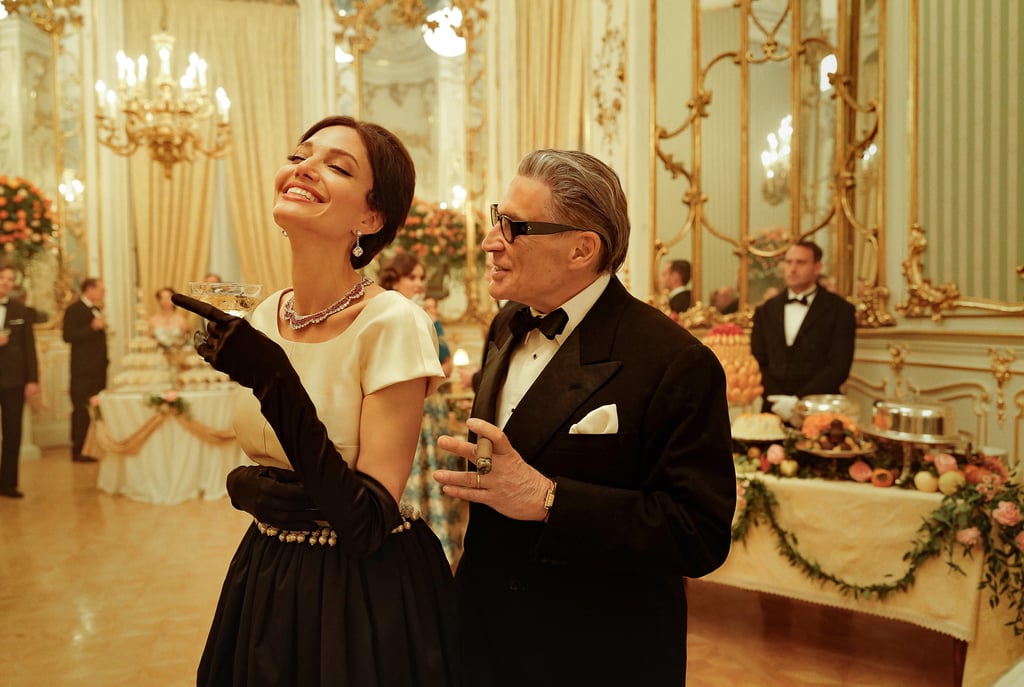

Beyond the Spotlight: Their Authentic Souls
Callas had her own quirks. She’d soak in milk baths—not for vanity, but because she swore it calmed her nerves before a show. “It’s my little madness,” she’d laugh. That blend of eccentricity and grit defined her—a diva who’d storm off stages yet cry over stray cats she’d rescue.
Jolie’s got her own oddity: she’s obsessed with maps, tracing routes to nowhere on old atlases. “It’s where I escape,” she says. It’s a quiet rebellion that echoes Callas’s need to control her world.
Onassis? He’d doodle ships on everything—napkins, walls—a tic from his tycoon days. It was his way of dreaming big, even when he couldn’t dream of her.
A Tale That Won’t Let Go
Angelina Jolie’s Maria Callas is more than a role—it’s a resurrection. With every note she sings, every glance she steals, she pulls us into Callas’s orbit. Larraín’s vision traps us there, while Onassis’s shadow looms large—a love that scarred her into legend. These weren’t just icons; they were wild, flawed, brilliant souls who lived louder than life.
This story doesn’t end—it lingers. Jolie’s knives, Larraín’s sketches, Callas’s milk baths, Onassis’s poetry—they’re the threads of a tapestry you can’t unsee. So lean in, feel their pulse, and ask yourself: what’s the one quirk that makes you unforgettable?
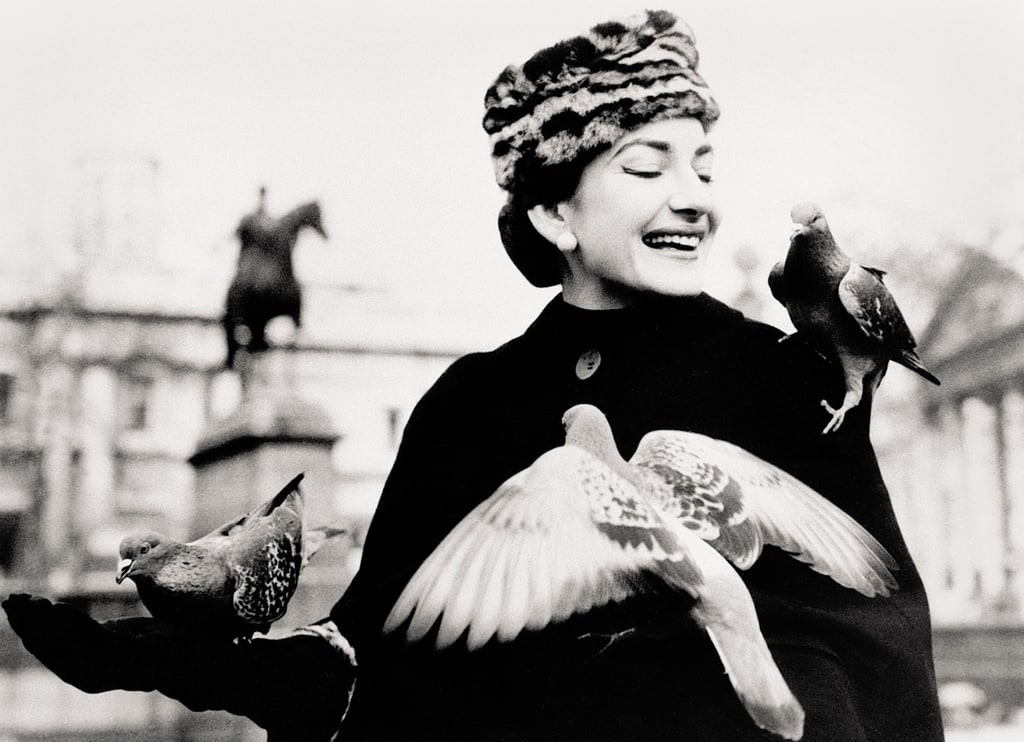

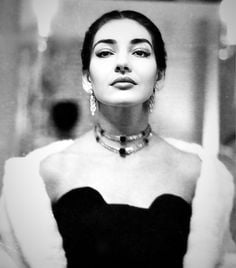

Vassilis Pitoulis
Follow my Instagram
Contact
vpitoulis@gmail.com
Whats App +306944302012
© 2025. All rights reserved.
Web page Design by @alya108k
